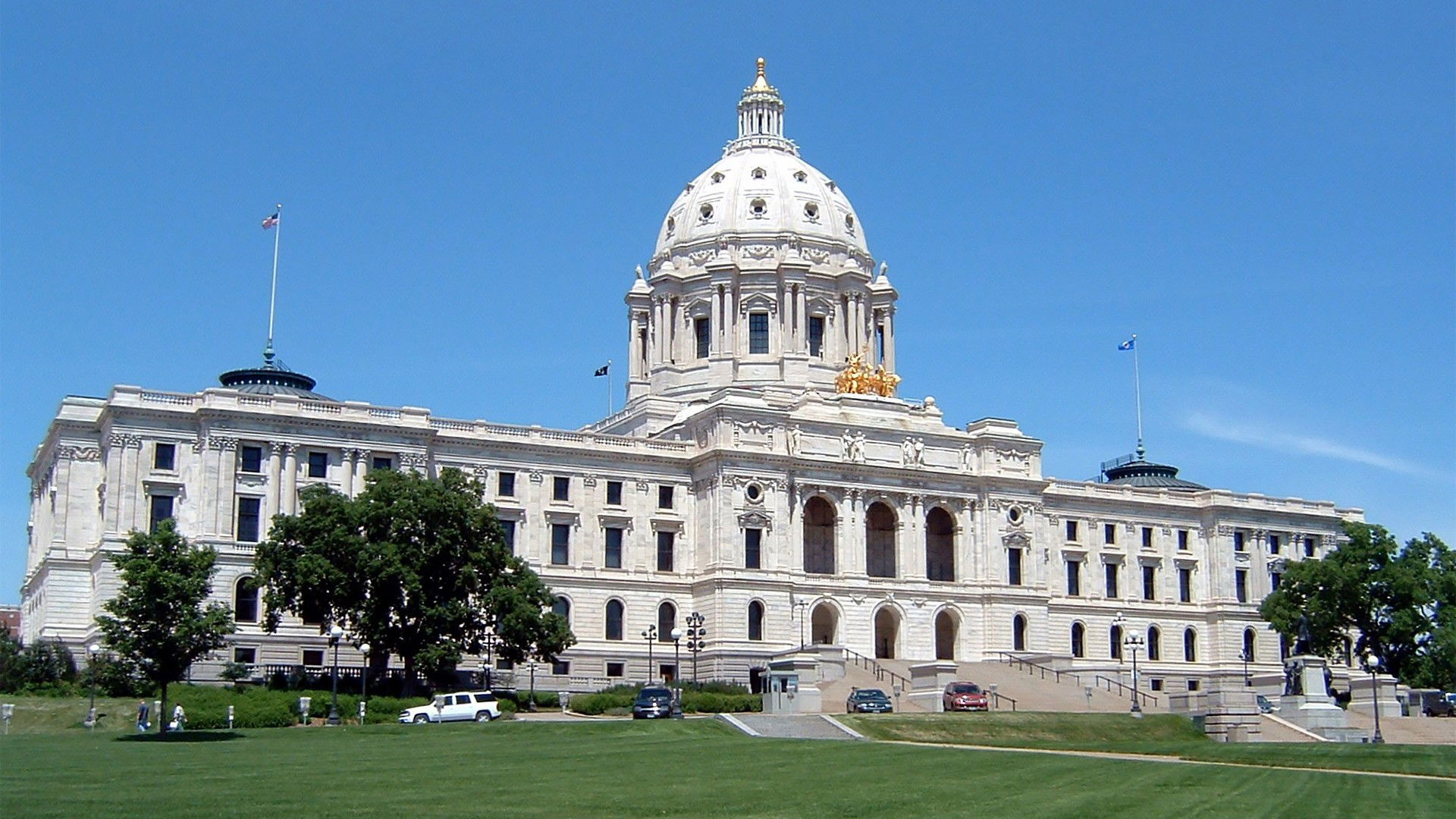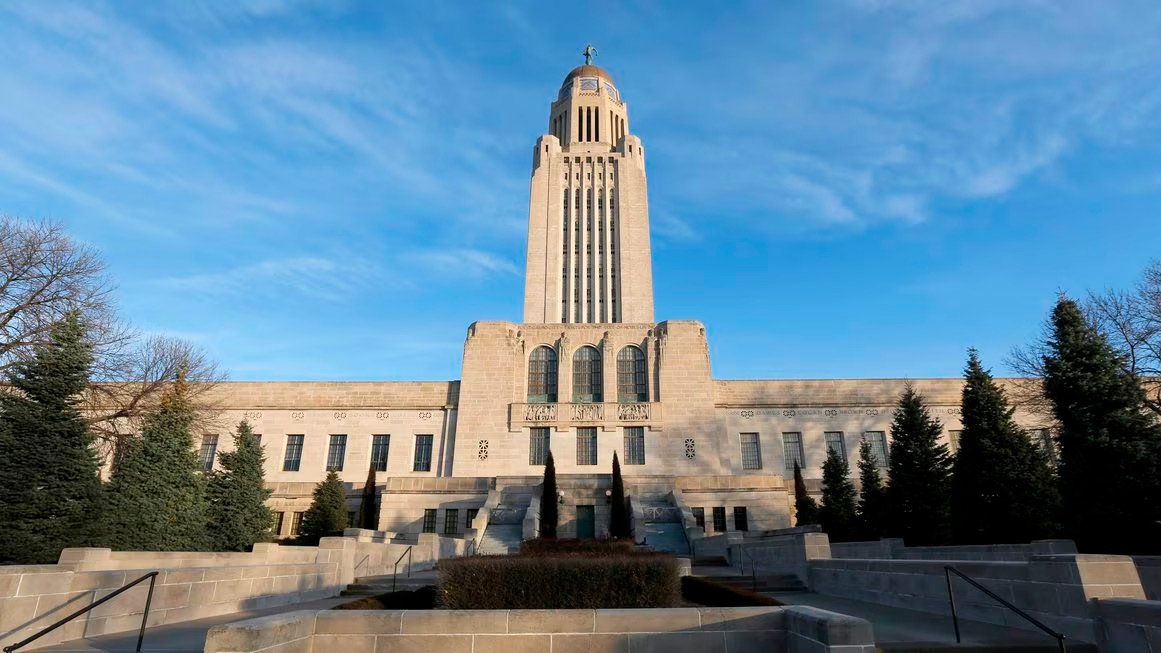Minnesota sports betting bill faces major setback in senate committee

Supporters of legalized sports gambling in Minnesota saw their hopes dim as a key Senate committee failed to advance a bill that would have brought the largest expansion of gambling in the state in decades.
The proposal, backed by professional sports teams, bipartisan lawmakers and a large part of the gaming industry, would have allowed sports betting at casinos and through mobile apps.
Under the plan, Minnesota’s tribes would have exclusive rights to in-person and online betting, while the state’s horse racing tracks would receive a share of the revenue, despite not being allowed to host sports gambling.
Sen. Matt Klein (DFL-Mendota Heights), the bill’s chief sponsor, called the broad coalition of supporters a “rare phenomenon.” However, the measure stalled in committee on a tie vote, leaving its future uncertain.
"That particular bill had the support of all interested parties. It had bipartisan support. It had the support of both me and [GOP] Sen. Jeremy Miller who has worked on this issue on the other side of the aisle for years and so it should've been easy," Klein told WCCO after the hearing.
"But it was hard,” he admitted. "People have legitimate concerns and they weren't ready to move forward in committee today. I'm not sure where we go from here."
His proposal, SB 757, would have given 11 sports betting licenses to state tribes, directing 45% of tax revenue to charitable gambling and 15% to horse racing. However, members of the committee raised doubts about some of its points.
Sen. Steve Drazkowski questioned the bill’s licensing fees—$250,000 for applications and $83,000 for renewals—arguing they favored large operators. "Only the big guys are going to get in,” he said, although Klein pointed out that fees in other states are significantly higher. Drazkowski also took issue with provisions penalizing harassment of athletes, claiming it preemptively created new crimes.
Opponents also warned legalizing sports betting could increase gambling addiction, especially online. Jack Meeks, chairman of Citizens Against Gambling Expansion, called it a "foolish bet" that would bring the same harm seen in other states.
“To think that we can legalize sports gambling but not suffer the consequences lived by citizens around the world where sports gambling is legal is a foolish bet,” he told CBS News.
Currently, Minnesota remains an outlier, as 38 states have already legalized sports betting, according to the American Gaming Association. Klein and other supporters argue that Minnesotans are already placing bets through unregulated platforms and that the bill would establish necessary consumer protections.
The proposal included safeguards such as banning push notifications from gambling apps, restricting advertisements at schools and college campuses, and prohibiting in-game betting on college sports. Additionally, a portion of gambling revenue would be allocated to addiction services.
Sen. Jon Marty (DFL-Roseville), a longtime critic of sports gambling, introduced a competing bill in the same committee Thursday, arguing that if regulation is going to happen, his bill offered far more protections than Klein’s.
His proposal would direct 50% of gambling revenues toward addiction services—significantly higher than the 8.5% allocation in Klein’s bill. He also said that he favors banning gambling advertising in public buildings or venues, among other provisions.
The panel approved that proposal for possible consideration in a larger package at the end of the session, but it may not have the votes to pass either chamber.
















































